How to Develop Good Qualities in Children through Effective Discipline Education
Raising kind, confident, and responsible children is a dream shared by all parents. But how do you nurture these traits in your little ones while teaching discipline? It might sound challenging, but with the right approach, discipline can become a tool for building your child’s character and not just a way to enforce rules. Let’s explore some friendly, effective strategies that can guide your children toward positive growth!
1. Focus on Teaching, Not Punishing
Discipline isn’t about scolding or punishing—it’s about teaching. When children misbehave, treat the moment as an opportunity to guide them. Calmly explain why their behavior was inappropriate and suggest better choices for next time. For example:
Instead of saying, “Stop shouting!” try, “I understand you’re upset. Let’s use our calm voice to talk about what’s wrong.”
This approach helps children feel heard and teaches them how to handle emotions constructively.
2. Be Consistent (But Flexible When Needed!)
Children thrive on consistency because it helps them understand expectations. Set clear rules and consequences, but remember: flexibility is just as important. Sometimes, life throws curveballs, and it’s okay to adapt.
For instance, if your child is having a rough day, offering extra patience might be more effective than sticking rigidly to the rules. This balance teaches kids that fairness doesn’t always mean everything stays the same—it means considering circumstances with kindness.
3. Model the Behavior You Want to See
Kids are like little mirrors—they reflect what they see in you. Want them to be kind? Show kindness. Want them to apologize when they’re wrong? Let them hear you say, “I’m sorry,” when you make a mistake.
Modeling good behavior isn’t just about what you say; it’s about how you act in everyday situations. When your child sees you staying calm under pressure or helping a neighbor, they’re learning qualities like patience and generosity without even realizing it.
4. Encourage Independence and Decision-Making
One of the best ways to build confidence in children is by giving them opportunities to make decisions. Let them pick out their clothes, choose their bedtime story, or help plan a family activity.
Sure, there will be moments when they make questionable choices (like wearing mismatched socks), but these moments are valuable! They teach problem-solving, responsibility, and the importance of learning from mistakes.
5. Use Positive Reinforcement
Celebrate the good things your child does, no matter how small. A simple, “I’m proud of you for sharing your toy with your friend,” can go a long way. Positive reinforcement helps children understand what behaviors are appreciated and encourages them to repeat those actions.
Pro tip: Instead of focusing only on the results, praise the effort. For example, “You worked so hard on that puzzle! Great job!” This helps kids develop perseverance and a growth mindset.
6. Teach Empathy Through Connection
Empathy is a cornerstone of strong character. Help your child understand how their actions affect others by encouraging them to think from another person’s perspective.
For example, if your child hurts a friend’s feelings, ask, “How do you think they felt when that happened?” Then, guide them to find a way to make amends, like offering an apology or drawing a picture to say sorry.
7. Stay Calm (Even When It’s Hard!)
Let’s face it—kids know how to push buttons. But losing your cool can overshadow the lesson you’re trying to teach. When tempers flare, take a deep breath and count to three before responding. This not only keeps the situation under control but also shows your child how to manage their emotions.
8. Turn Mistakes into Learning Moments
No child is perfect (and neither are parents!). Mistakes are a natural part of growing up. Instead of focusing on the error, guide your child to reflect and improve. Ask questions like, “What can we do differently next time?” to encourage problem-solving.
9. Celebrate Their Growth
Discipline is a journey, not a destination. As your child learns and grows, celebrate their progress! Whether it’s a big achievement, like learning to share, or a small milestone, like remembering to say “please,” let them know you’re proud of their effort.
Final Thoughts
Discipline doesn’t have to be daunting—it can be a loving and positive part of parenting. By focusing on teaching instead of punishing, modeling good behavior, and fostering empathy, you’ll help your child develop qualities that will serve them for a lifetime.
Remember, every child is unique, and no one-size-fits-all approach exists. Be patient, stay consistent, and give yourself grace along the way. After all, parenting is as much about growing as it is about guiding. 💛
What’s your favorite tip for teaching discipline? Let us know in the comments below!
1. Focus on Teaching, Not Punishing
Discipline isn’t about scolding or punishing—it’s about teaching. When children misbehave, treat the moment as an opportunity to guide them. Calmly explain why their behavior was inappropriate and suggest better choices for next time. For example:
Instead of saying, “Stop shouting!” try, “I understand you’re upset. Let’s use our calm voice to talk about what’s wrong.”
This approach helps children feel heard and teaches them how to handle emotions constructively.
2. Be Consistent (But Flexible When Needed!)
Children thrive on consistency because it helps them understand expectations. Set clear rules and consequences, but remember: flexibility is just as important. Sometimes, life throws curveballs, and it’s okay to adapt.
For instance, if your child is having a rough day, offering extra patience might be more effective than sticking rigidly to the rules. This balance teaches kids that fairness doesn’t always mean everything stays the same—it means considering circumstances with kindness.
3. Model the Behavior You Want to See
Kids are like little mirrors—they reflect what they see in you. Want them to be kind? Show kindness. Want them to apologize when they’re wrong? Let them hear you say, “I’m sorry,” when you make a mistake.
Modeling good behavior isn’t just about what you say; it’s about how you act in everyday situations. When your child sees you staying calm under pressure or helping a neighbor, they’re learning qualities like patience and generosity without even realizing it.
4. Encourage Independence and Decision-Making
One of the best ways to build confidence in children is by giving them opportunities to make decisions. Let them pick out their clothes, choose their bedtime story, or help plan a family activity.
Sure, there will be moments when they make questionable choices (like wearing mismatched socks), but these moments are valuable! They teach problem-solving, responsibility, and the importance of learning from mistakes.
5. Use Positive Reinforcement
Celebrate the good things your child does, no matter how small. A simple, “I’m proud of you for sharing your toy with your friend,” can go a long way. Positive reinforcement helps children understand what behaviors are appreciated and encourages them to repeat those actions.
Pro tip: Instead of focusing only on the results, praise the effort. For example, “You worked so hard on that puzzle! Great job!” This helps kids develop perseverance and a growth mindset.
6. Teach Empathy Through Connection
Empathy is a cornerstone of strong character. Help your child understand how their actions affect others by encouraging them to think from another person’s perspective.
For example, if your child hurts a friend’s feelings, ask, “How do you think they felt when that happened?” Then, guide them to find a way to make amends, like offering an apology or drawing a picture to say sorry.
7. Stay Calm (Even When It’s Hard!)
Let’s face it—kids know how to push buttons. But losing your cool can overshadow the lesson you’re trying to teach. When tempers flare, take a deep breath and count to three before responding. This not only keeps the situation under control but also shows your child how to manage their emotions.
8. Turn Mistakes into Learning Moments
No child is perfect (and neither are parents!). Mistakes are a natural part of growing up. Instead of focusing on the error, guide your child to reflect and improve. Ask questions like, “What can we do differently next time?” to encourage problem-solving.
9. Celebrate Their Growth
Discipline is a journey, not a destination. As your child learns and grows, celebrate their progress! Whether it’s a big achievement, like learning to share, or a small milestone, like remembering to say “please,” let them know you’re proud of their effort.
Final Thoughts
Discipline doesn’t have to be daunting—it can be a loving and positive part of parenting. By focusing on teaching instead of punishing, modeling good behavior, and fostering empathy, you’ll help your child develop qualities that will serve them for a lifetime.
Remember, every child is unique, and no one-size-fits-all approach exists. Be patient, stay consistent, and give yourself grace along the way. After all, parenting is as much about growing as it is about guiding. 💛
What’s your favorite tip for teaching discipline? Let us know in the comments below!
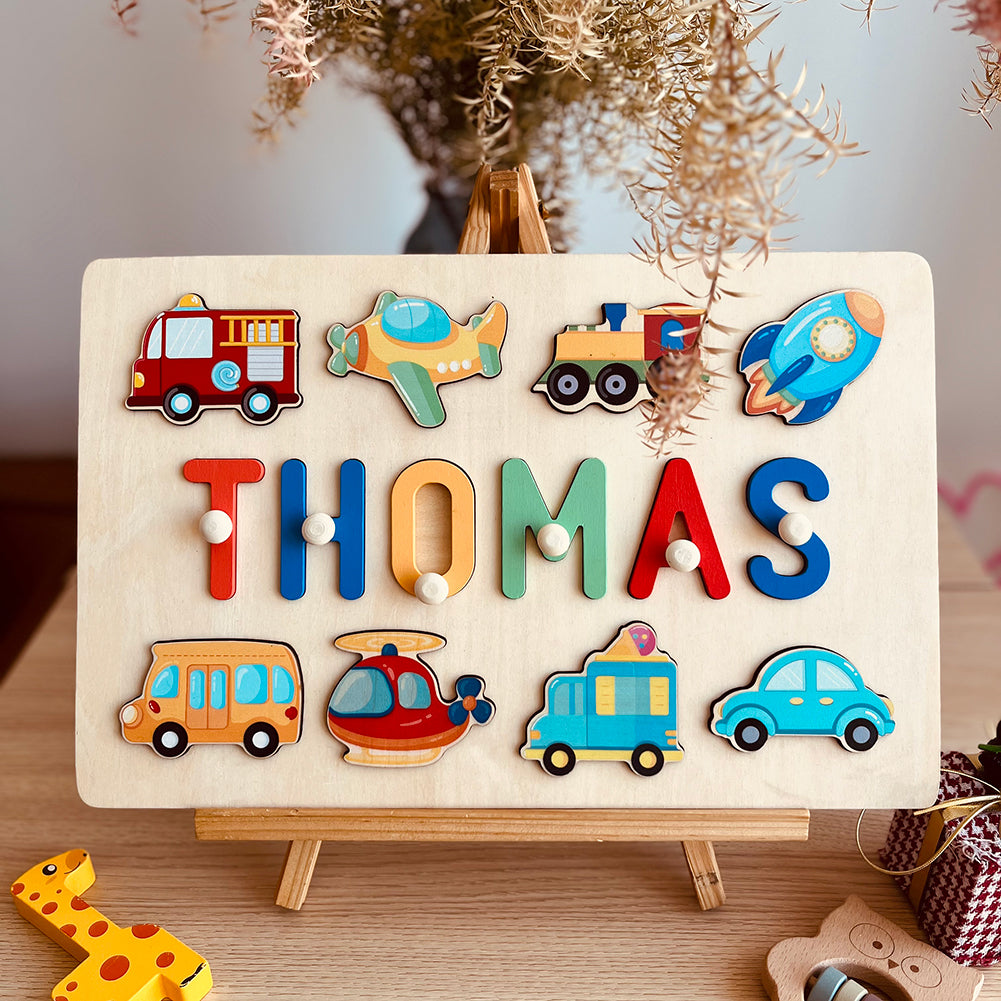




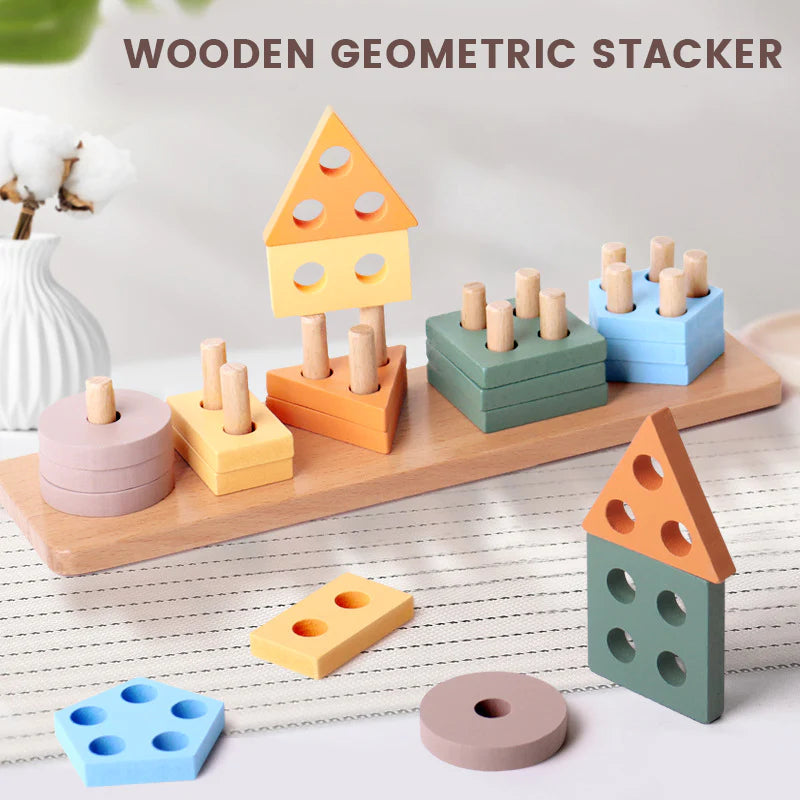



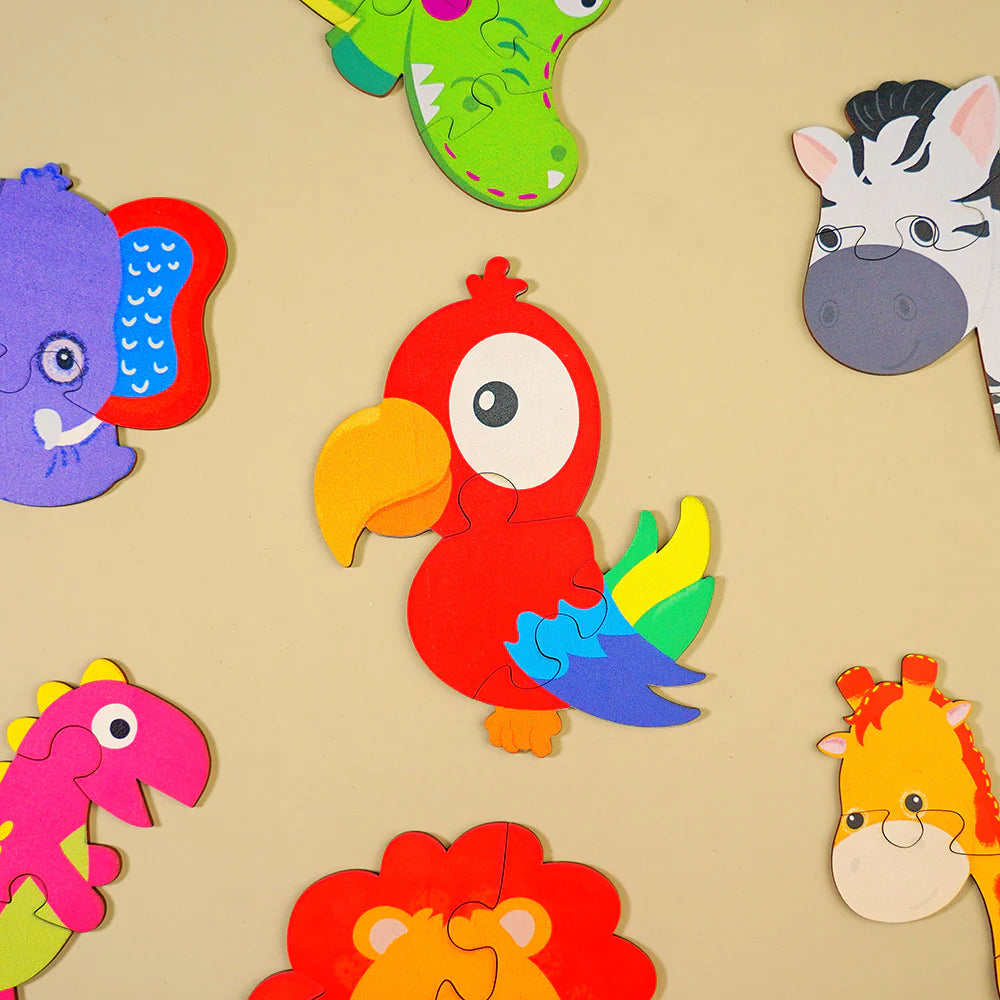





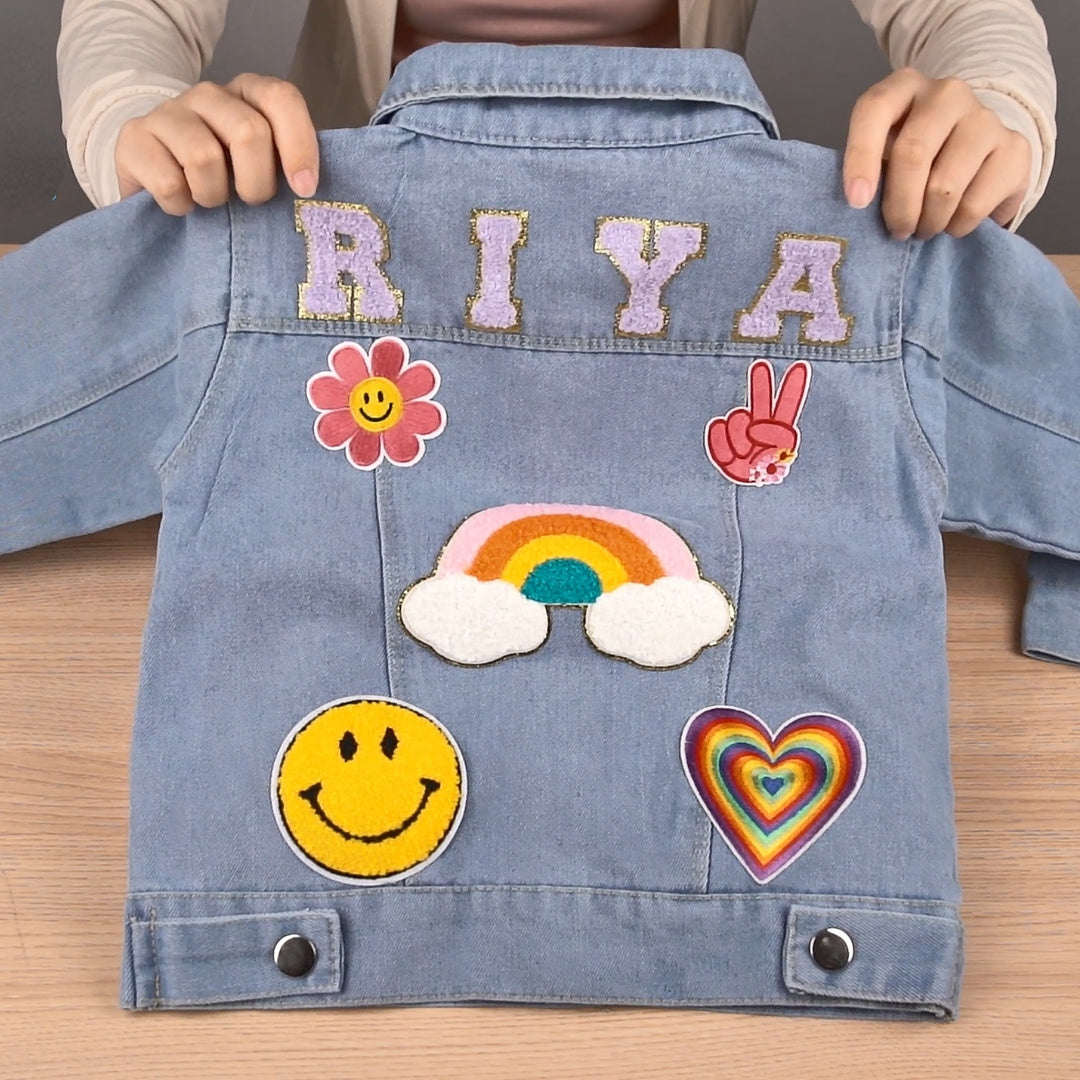



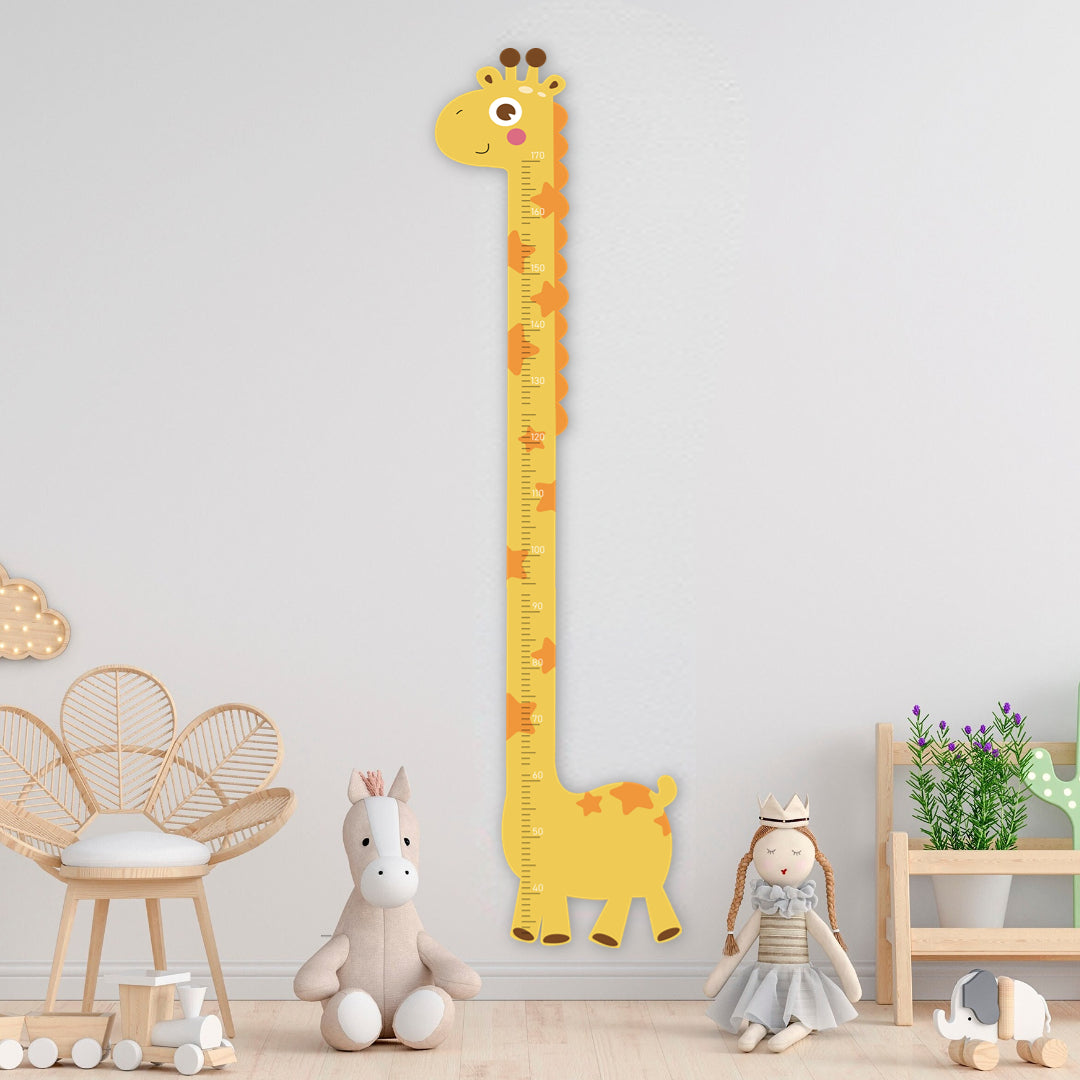
Leave a comment